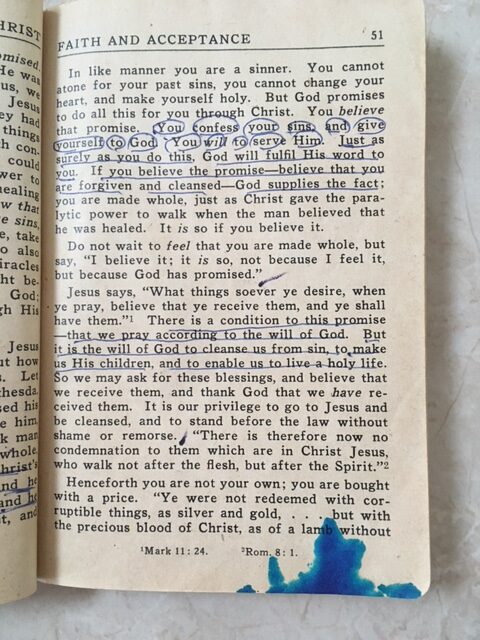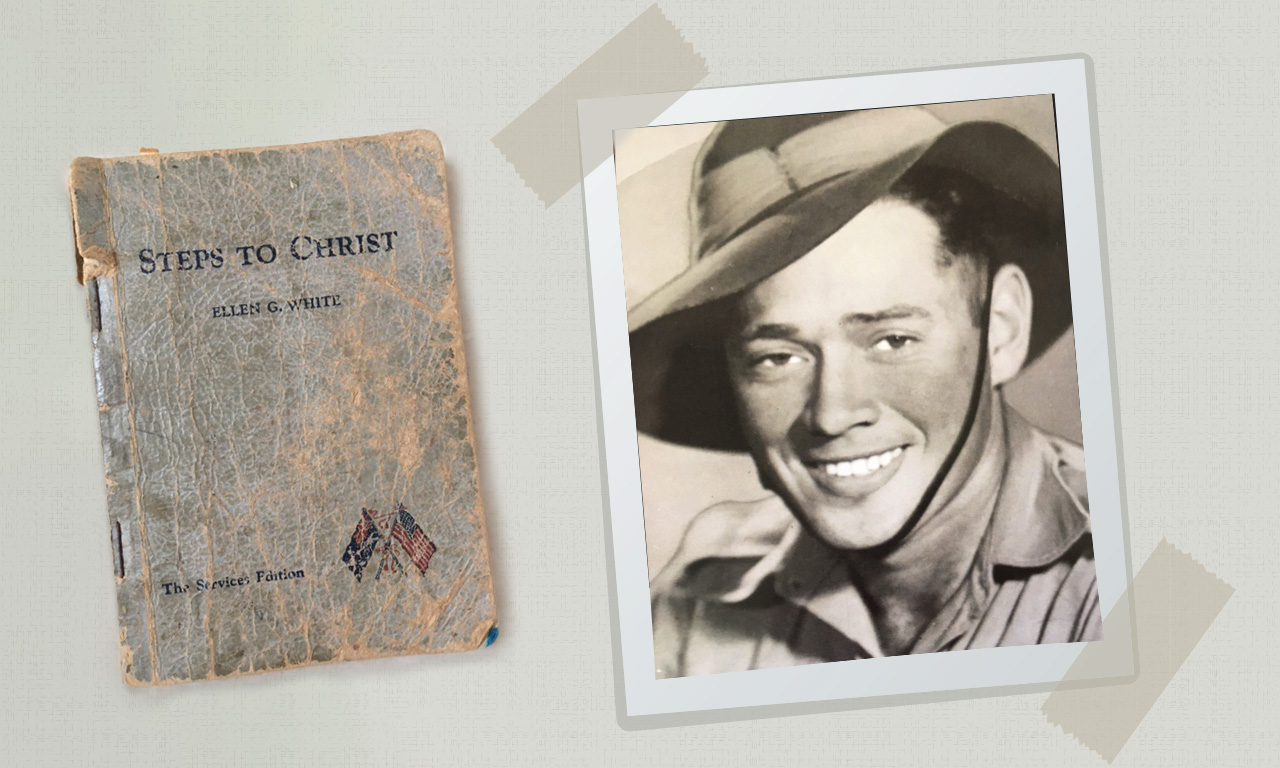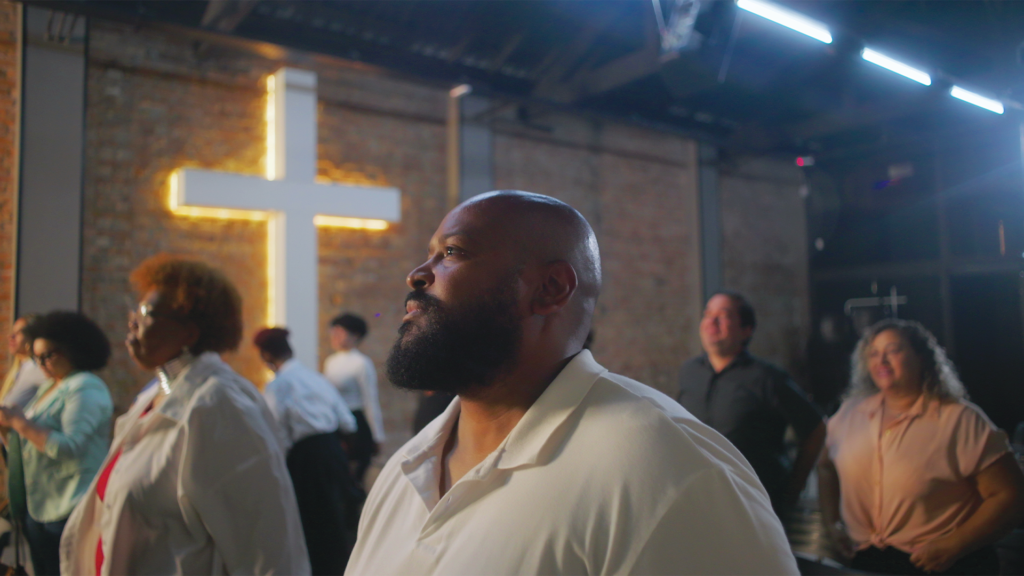A couple of weeks back I rediscovered my father’s copy of Steps to Christ given to him when he was drafted into the army during the Second World War. I read a chapter a day as part of my devotional time trying to get a feel for what he discovered as he read it.
I was helped by the fact that he had underlined various sentences and passages. For instance, “The warfare against self is the greatest battle that was ever fought” (page 43). And another: “All His promises, His warnings, are but the breathing of unutterable love” (page 35).
My father was a fourth-generation fisherman. The family had turned to fishing after becoming convicted of the Sabbath and found it difficult to take Sabbaths off. A pioneering Adventist pastor, Stephen McCullagh, visited Kadina in South Australia in 1896 and reported: “A Mr Manners here purchased Thoughts on Daniel and the Revelation in 1891, but did not commence to read it till 1894, and after studying the question in connection with the Bible, soon found out the error of Sunday by not finding its observance enjoined in the Bible.”[1]
My father quit school and became a fisherman at the age of 12. With the Second World War, as the oldest son, he was called up into the army. His two brothers were considered primary producers and continued working as part of the war effort.
He served as a non-combatant, but never talked about the war—except for two things. Before going to Papua New Guinea, he was based at Sorrento on Port Philip Bay in Victoria. With his experience with boats, he was often put in charge of landing barges.
He told of one very foggy day when he was ordered to take one of the barges to Port Melbourne. He was a bit proud of the fact that despite the heavy fog not lifting—and the cynicism of the crew with him—he arrived exactly where he was meant to be.
That was believable because I had experienced it—sailing in fog or in the blackness of night while fishing with him.
I worked with him for five years in the 1960s and, at sea on some cold days, he would put on his old army coat.
“See these holes,” he would say, pointing to a couple, “I got these when I single-handedly pushed the enemy off Shaggy Ridge.”
“They look more like moth holes to me,” I’d respond—with due respect, of course.

In his Steps to Christ, he’d circled every word of this sentence: “You confess your sins and give yourself to God. You will to serve Him.” The passage continues underlined, “God will fulfil His word to you. If you believe the promise—believe that you are forgiven and cleansed—God supplies the fact. . .” (page 51).
Anzac Day is a reminder of those who served their country in times of war. This year I’ll be thinking of my dad who, while serving, was also thinking about the spiritual battles within. Importantly, despite the battles around him, he recognised God’s love was real: “Let us group together the blessed assurances of His love, that we may look upon them continually” (page 118).
Bruce Manners is an author, retired pastor and former editor of Signs of the Times and Adventist Record.
[1] Of Pioneers and Progress: 1886-1986: Seventh-day Adventists in South Australia, South Australian Conference of Seventh-day Adventists, 1986,page 148.






